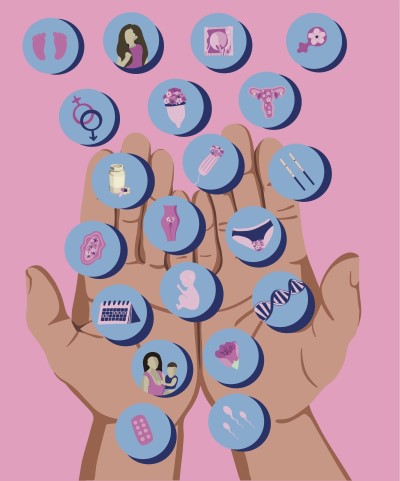Health Policy Fellowships in Emergency Medicine
Danielle Andrews, MSIV – Loyola University Chicago Stritch School of Medicine
EMRA MSC Great Plains Regional Representative, 2021-2022
The field of health policy is defined as the laws, regulations, actions, and decisions implemented within society to promote wellness and improve specific health goals. The rules and regulations created by organizational parties affect how care is administered and accessed by the community within their jurisdiction. Emergency medicine physicians are valuable to serve as change agents within the healthcare system and advocate for policy reform on behalf of their patients and emergency medicine providers. Many students and residents who are passionate about public health and enacting legislative change for health care reform may consider a health policy fellowship to bridge their interest with clinical medicine.
As health policy is a broad field within public health, fellowships within emergency medicine can also take various forms. Programs typically focus primarily on advocacy, translational research, or experimental training. Those with a more experimental emphasis have more robust opportunities for practicum placements and have fellows rotate through several public policy experiences locally or nationally.
Health policy fellowships are typically two years long, and many include getting a graduate degree such as an MPH or MHA. Some programs have a condensed version for one year for those starting with a graduate degree.
If you are considering this direction in your career but want more exposure to decide if it’s right for you, here are some great opportunities to check out:
EMRA/ACEP Medical Student Health Policy Elective
A 4-week elective for 4th-year medical students to work with representatives from ACEP’s Washington, DC staff, and with their State Chapter office
EMRA/ACEP Congressional Health Policy Fellowship
A 1-month full-time experience for residents or fellows to work in the Congressional Office on Capitol Hill to gain firsthand experience in legislative and policy process
EMRA and ACEP Health Policy Academy
A year-long academy open to medical students, residents, and fellows that gives them the experience to write resolutions and be trained in parliamentary procedure to run the EMRA meetings at ACEP and CORD, and attend the Leadership Advocacy Conference (LAC)
Be sure to check out the EMRA Health Policy Committee and the EMRA Fellowship Guide to get more detailed information about health policy fellowships!
Related Content


Oct 16, 2023
Case Report: Managing a Left-sided Tension Pneumothorax with Patient History of Remote Right Pneumonectomy
The leading cause of iatrogenic pneumothorax is transthoracic needle aspiration. In our case, however, pneumothorax was most likely due to transbronchial lung biopsy two days prior to presentation. Although our patient had a tension pneumothorax, it is worth noting that post‐pneumonectomy syndrome (PPS) is a rare post-pneumonectomy complication occurring typically within several months and caused by excessive mediastinal shifting that results in airway compression.

Oct 16, 2023
Donating Eggs in Medical School: A Story of Bodily Autonomy and Privilege
As a second-year medical student who had been anxiously struggling with unanticipated medical expenses and no viable income, I thought about the upcoming months-long amount of time during which I would solely be studying for my first board exam, largely confined to my office and figuratively tied to my desk. My thought process was complex, but surprisingly quick. Within weeks of an initial Google search, I applied to become an egg donor.




